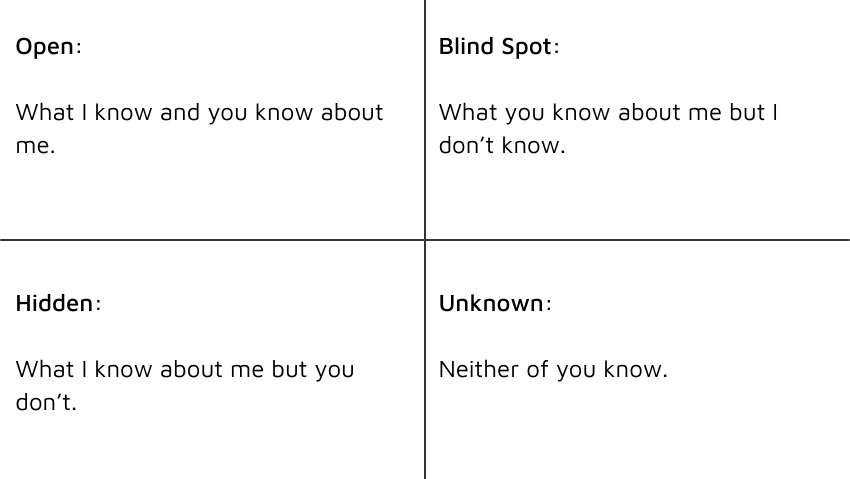There is no doubt that many of us have heard ‘share your wealth of wisdom.’
What does it mean exactly?
Does it mean to impart your knowledge to others?
Does it mean to share as much of you and your experiences with others?
Or … does it mean to share your mistakes, lessons and insights with other individuals?
I believe it means you pass on your gifts, lessons and wisdom of what you have experienced from your journey.
For example, many Native American Indian tribes often shared their stories as a way to educate.
Sometimes in tragedy, we find our life’s purpose
They spoke of their battles, their triumphs and their lessons.
Storytelling is one way to express their creativity and empower others through sharing their wounds and make sense of their circumstances.
It was a tradition amongst most families where their elders, chiefs and medicine people imparted their wealth of wisdom and knowledge.
I think this applies to all of us.
How often do you experience elders, friends, peers, leaders and other individuals who openly share their mistakes, battles and successes?
Not very often, and why is that?
We fear that we may be judged.
We fear that we will be seen as weak and thus diminish our power.
We fear of being vulnerable and don’t trust.
We fear rejection or abandonment and thus build strong walls around us to protect ourselves.
Gaining knowledge is the first step to wisdom
Sharing is a stepping stone to making a change to humanity. Why? Because of your vulnerability and openness to share with others about some of your greatest lessons.
The truth is that sharing and vulnerability are not a sign of weakness but strength. Don’t be afraid to open up and share your stories and wisdom to empower others, you’ll never know who you’ll inspire.
You will be seen for who you are, a human with great potential.
Wisdom is the reward of experience and should be shared because the wisdom gained, collected, and captured with time is an ineffective gift unless you share it with others.
This is how power is gained, not the other way around. When you give back, that is where true potential really lies.
You will often see leaders hang on to their wisdom because it makes them feel empowered, influential and powerful.
Yet what they don’t realise … it will show up as if they are holding back on information, being closed off or not humanistic and thus not approachable.
When team members were asked to put it into words in describing their leader, they can’t put their finger on it.
Non-verbal communication is subtle and yet very powerful.
It’s time to inspire, share your knowledge
The famous spiritual leader, Dalai Lama, says that sharing our knowledge is a way to achieve immortality. Now, if that’s not a motivator, I don’t know what is.
Think about it; all he does is travel the world sharing his wisdom, insights, and foresight.
It sounds like a fantastic thing to do … travelling the world whilst helping individuals flourish, transform and evolve.
As you speak with other people and exchange stories with them, you too will grow, expand and develop as an individual.
We all have our own experiences, our knowledge, our wisdom. Some of us know more about something than somebody else, and you know what?
The accurate measure of your education is not what you know … it’s how you share what you know with the world.
Every one of us has transferable knowledge and by sharing our extraordinary, unparalleled and unique expertise … making introductions for someone creates a lasting legacy.
Knowledge is power, and pieces of knowledge shared is power multiplied by one thousand!
Now that we understand the power comes from sharing information and not withholding it.
How exactly do we do that?
The more you know, the more you realise you don’t know
There is this model that I would like to introduce you to.
The Johari window, a self-awareness, personal and group development model which is a great tool to test your level of self-awareness and uncover your strengths that you may not even know existed.
There are four quadrants or four planes.

Open up to others
In the first window ‘Open’ this pane is what we know about ourselves and know that others know about us.
It is also known as the public self, which you present and allow others to see and understand.
In this window, if we want to expand this area so that people don’t assume they know who we are, in other words …. make assumptions …. this is where we can communicate a little bit more about ourselves.
To bring this to light, I have added some examples for each quadrant, and you can do this for yourself.
Examples of Open self;
- French
- Mother/Daughter/Sister
- Giving
- Helpful
- Warm
To read the second piece in this two-part series on sharing your wealth of wisdom, click here.





